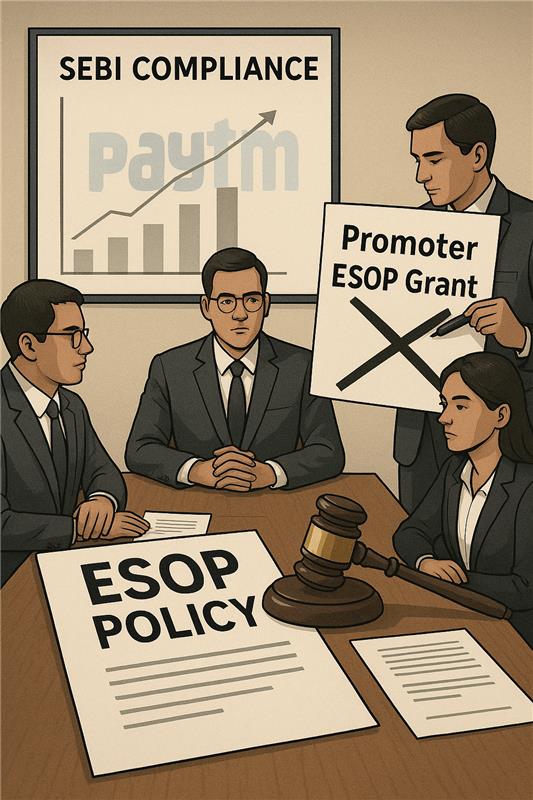In a recent decision, the Supreme Court of India, in the case of Sarabjit Kaur V. The State of Punjab & Anr. (CRIMINAL APPEAL NO. 581 OF 2023), dated: 01.03.2023, reaffirmed a fundamental legal principle that a breach of contract does not give rise to criminal prosecution for cheating u/s 420 of the Indian Penal Code unless fraudulent or dishonest intentions are established from the beginning of the transaction. The Court’s decision serves as a reminder that criminal courts should not be used to settle civil disputes or to put undue pressure on the parties involved.
This article will go over the specifics of the ruling and its implications.
BACKGROUND
The appellant entered into an agreement to purchase a plot with Ms. Maljit Kaur on 27.05.2013 (“Purchase Agreement”). On the basis of the Purchase Agreement appellant entered into an agreement to sell with the complainant’s wife i.e., respondent No.2 on 18.11.2013 (“Agreement”). The Agreement stated unequivocally that the appellant was not the current owner of the property, and the date for execution of the sale deed was set for a later date.
The dispute arose when the complainant claimed that the appellant had breached the Agreement and filed a series of complaints against various individuals involved in the transaction. Notably, the complainant’s first complaint made no allegations against the appellant and instead concentrated solely on property dealers. However, subsequent complaints included allegations against the appellant.
ANALYSIS
The Supreme Court thoroughly examined the case’s sequence of events and legal principles. The following are the key points highlighted in the decision:
Criminal Proceedings and Contract Breach: The Court emphasized that simply breaching a contract is not enough to initiate criminal proceedings for cheating. Merely on the allegation of failure to keep up promise will not be enough to initiate criminal proceedings. To do so, fraudulent or dishonest intent must be demonstrated from the start of the transaction. The complainant had not initiated any civil proceedings to either enforce the sale deed or seek a refund of the earnest money. This raised concerns about the complainant’s ability and willingness to complete the contract.
Abuse of the Criminal Process: The Court expressed concern that the complainant’s actions appeared to be an attempt to turn a civil dispute into a criminal one in order to put pressure on the appellant to return the money. It emphasized that criminal courts should not be used to settle scores or to put pressure on parties in civil disputes.
Lack of Timeliness: The Court made a significant point of the significant delay in filing the criminal complaint. The complaint was lodged nearly three years after the agreed-upon date for the sale deed execution.
VERDICT
Based on these considerations, the Supreme Court determined that continuing the criminal proceedings would be an abuse of the legal system. As a result, it granted the appellants’ petition to quash the FIR under section 482 of the Code of Criminal Procedure, 1973 effectively ending the criminal proceedings against them.
IMPLICATIONS
The decision is an important precedent in cases involving breach of contract and criminal prosecution. It reiterates the principle that the criminal justice system should not be used to settle contractual disputes. Parties who have grievances arising from a breach of contract should seek redress primarily through civil remedies, such as specific performance of the contract or monetary damages.
The court’s decision emphasizes the significance of transparency and timeliness in legal proceedings. It discourages litigants from withholding information or filing multiple complaints with different allegations in an attempt to game the legal system.
Finally, this decision emphasizes the importance of contract law and the limits of criminal prosecution in contractual disputes. It emphasizes the importance of honesty.





